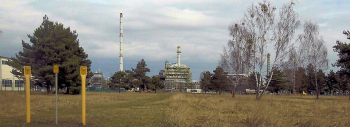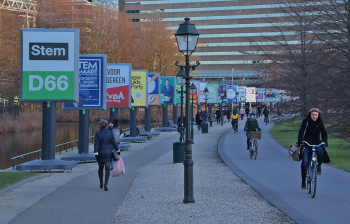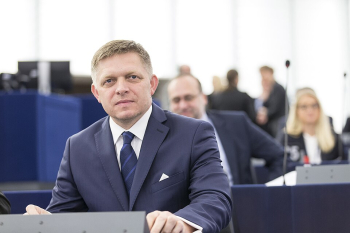
Belgium, along with five other countries, is taking steps to enhance the security of cables, pipelines, and energy installations in the North Sea, announced
Minister Paul Van Tigchelt on Tuesday.
Van Tigchelt, responsible for North Sea affairs, emphasized the importance of protecting critical infrastructure in the North Sea, including pipelines, power cables, and data networks. He highlighted the potential for sabotage to disrupt energy supplies, internet connectivity, and financial transactions, stressing the need to address this threat proactively.
Last April, at the North Sea Summit, several countries convened to discuss improved collaboration on safeguarding energy and telecommunications infrastructure. This initiative led to the signing of the North Sea Security Pact by Belgium, the Netherlands, Germany, Norway, the UK, and Denmark. The pact aims to ensure consistent security measures for offshore and underwater infrastructure across national borders.
The pact also involves considering potential risks and threats when developing infrastructure, such as providing landing sites for aerial and underwater drones and implementing underwater acoustic detection shields and camera security.
Belgium has allocated 1 million euros to the pact to establish NorthSeal, a secure platform for exchanging information among the participating countries.
China and Russia While these nations collaborate to bolster security against Russian threats, China seeks to strengthen its ties with the Russian government. Russian Foreign Minister Sergei Lavrov visited China on Monday for a two-day official visit to discuss enhancing diplomatic relations between the two countries.
Chinese Foreign Minister Wang Yi expressed support for Russia's stable development under President Putin's leadership. He affirmed China's commitment to deepening strategic cooperation with Russia on the global stage and providing mutual support. Wang Yi expressed confidence in the Russian people's prosperous future under President Putin's leadership.

















